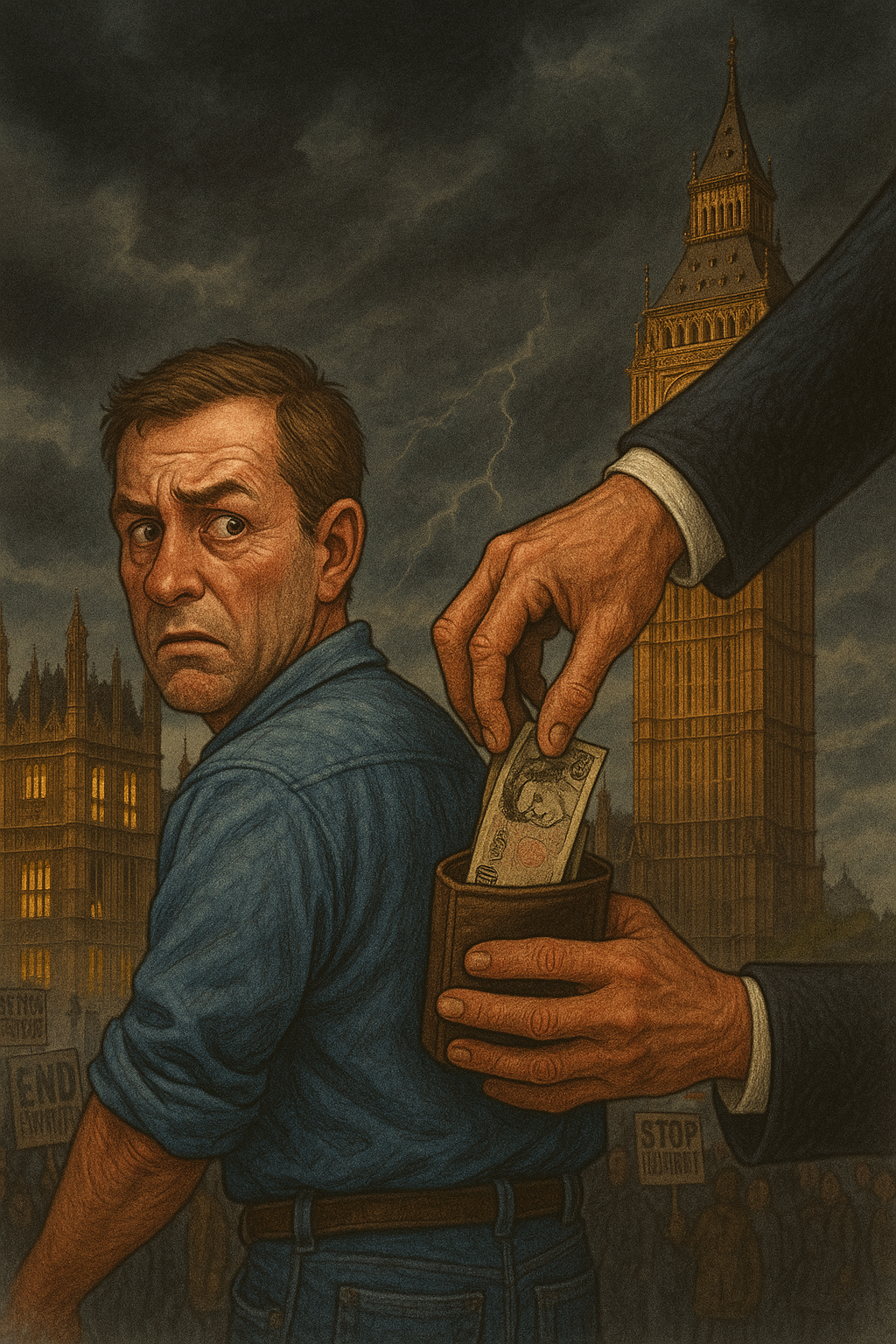 After the sacking of Shadow Transport minister Sam Tarry – a supporter of the RMT strikes – Sir Keir Starmer’s stance on trade union activity is under question. If Starmer is serious about making Labour electable again, it needs a clear stance. Silence will do no good.
After the sacking of Shadow Transport minister Sam Tarry – a supporter of the RMT strikes – Sir Keir Starmer’s stance on trade union activity is under question. If Starmer is serious about making Labour electable again, it needs a clear stance. Silence will do no good.
Ever since the RMT balloted to go on strike earlier this year, it has fuelled something of a civil war within the Labour Party. Starmer has been criticised for not supporting the strike action in an attempt to prove that Labour has moved on from the Corbyn years, but his recent inactivity is threatening his chances of success at the next general election.
There has been much debate over the real reasoning for why Starmer sacked Sam Tarry, a Corbynite shadow minister of little fame. On the left, you’ve got Diane Abbott accusing him of sacking shadow ministers if they join a picket line. But Starmer’s own reasoning – that Tarry was sacked because he “made up policy on the hoof” – is sound enough. However, it’s obvious that Tarry’s sacking is a symptom of Labour’s overcautiousness – and that is becoming a problem.
It’s often said that only united parties win elections. Starmer’s Labour may be more united than it was under Corbyn, but the RMT episode has proven that the party is still locked in a battle between left and right. Keir Starmer needs to both unite his party and solidify support in the country – the best way he can do that is to support the RMT strikes.
If Starmer were to finally back RMT’s strike and any other unions whose members democratically call for strike action, it would not only offer a political voice to the workers, but it would make life harder for the Conservatives, particularly during this cost-of-living crisis.
While the Tory rhetoric that these strikes are ‘Labour’s strikes’ has been useless, the party needs to remember its purpose as a party founded to represent working people. Starmer may say that Labour is “on the side of working people”, but this is a vague soundbite that neither reassures unionists nor the public-at-large.
If Labour is so willing to keep in tune with the public, then backing strike action may not be a bad idea. Savanta ComRes polling found that 58 per cent of voters thought the rail strikes were justified. Many blame the government for failing to stop the strikes. Labour’s efforts to prevent MPs from supporting unionists are wasted – they should criticise the government’s record and their failures amidst this crisis.
Starmer’s silence on the record is perhaps not surprising. Starmer was elected after Labour’s worst defeat since 1935, and he is keen to detoxify the party after five duff years of Corbynism. Like Neil Kinnock, Starmer is desperately trying to shift an almost immovable party back to sanity. Keir Starmer is terrified of Labour’s defeats in the 2010s as Blair was of the defeats in the 1980s.
However, he is falling into the same trap that Ed Miliband did. In 2011 Miliband denounced public sector workers for striking, and this resulted in criticism from the TUC and other trade unions. Four years later, Labour suffered a terrible defeat in which much of its traditional working-class basis defected to UKIP. The Conservatives may have criticised Labour since 2010 for being in the pocket of the unions, but the party has rarely stood up for its bedrock supporters.
Ever since the Thatcher era and the miners’ strike in 1984-5, Labour’s attitude towards the unions has been very different. Irreversibly so, the unions are weaker. New Labour may have governed Britain during a period of economic prosperity, but since the financial crisis and austerity, the unions have protested more.
Labour should never be controlled by unions – that is partly what led to the overblown idealism of Corbynism. But if Labour fails to stand up for them, Labour won’t win the votes of either bedrock supporters or floating voters.
Starmer once referenced Harold Wilson as his favourite Labour leader – he is currently doing an Ed Miliband impression. With talk of a possible general strike down the line, Starmer must not doom his party to inactivity.
















